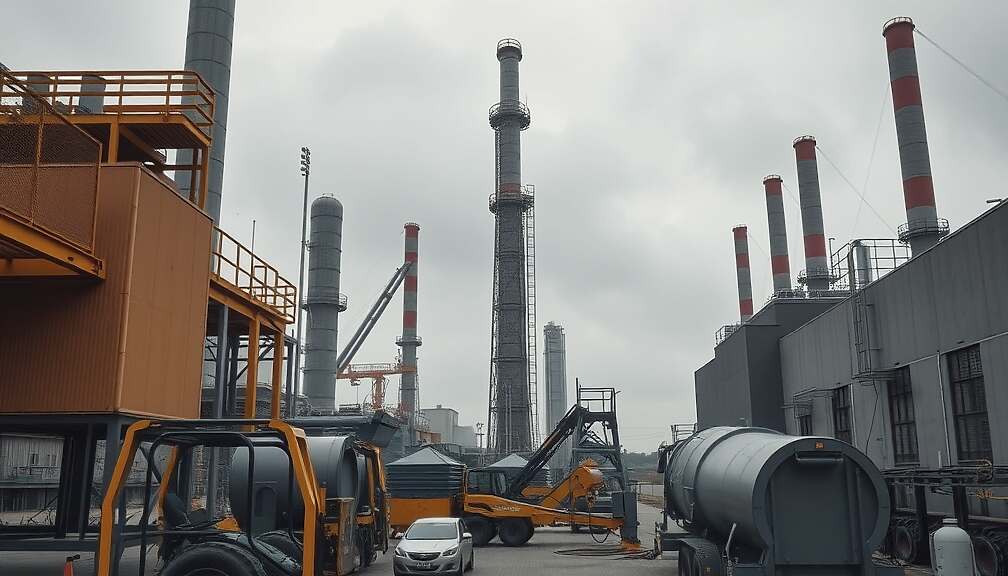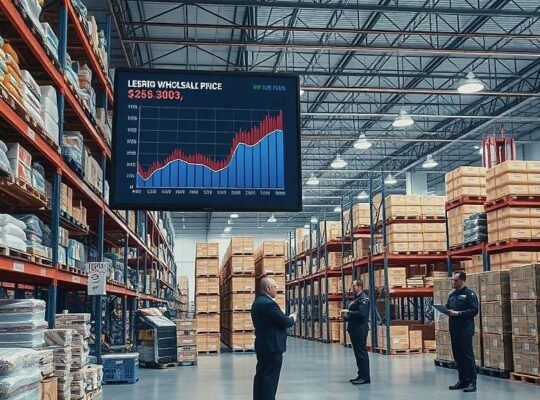German industrial output demonstrated a complex and somewhat contradictory performance in September 2025, according to preliminary data released by Destatis. While headline figures showed a 1.3% increase in real production within the manufacturing sector compared to August, adjusted for seasonal and calendar effects, a more nuanced examination reveals underlying vulnerabilities and a persistent underlying weakness.
The initial surge is largely attributable to a significant rebound in the automotive industry, which experienced a robust 12.3% increase in production following a substantial 16.7% decline in August, likely influenced by factory shutdowns and restructuring efforts. Growth was also supported by the production of data processing equipment, electronic and optical products, contributing to a more favorable overall result. However, this positive contribution was tempered by a contraction in the crucial engineering sector, which saw a 1.1% decrease in output.
Digging deeper, the broader trend reveals a concerning pattern. When assessed over a three-month period, industrial production in the third quarter of 2025 was 0.8% lower than the second quarter, suggesting a prolonged period of stagnation rather than sustained growth. Furthermore, a revision of August’s data revealed a more substantial 3.7% drop in production compared to July, demonstrating the fragility of the sector. Year-on-year, industrial production remained 1.0% lower than September 2024, underscoring ongoing systemic challenges.
The picture becomes even more concerning upon analyzing energy-intensive industries, a critical indicator of Germany’s economic health. While September showed a modest 0.1% increase compared to August, a three-month comparison revealed a 0.5% decline in the third quarter and year-on-year, production remained 0.2% lower. This sluggish performance in energy-intensive sectors raises questions about the long-term competitiveness of German industry, particularly in light of rising energy costs and international pressures.
The data highlight a significant disconnect between headline growth figures and the underlying economic realities. While targeted interventions and specific sector boosts can temporarily inflate production numbers, the sustained weakness in key areas like engineering and the persistent underperformance of energy-intensive industries raise serious concerns about Germany’s industrial resilience. The government faces mounting pressure to address these structural issues and implement policies that foster genuine, sustainable growth and secure the nation’s position as a leading industrial power. The reliance on short-term sectoral gains masks a deeper fragility that demands urgent and comprehensive attention.












